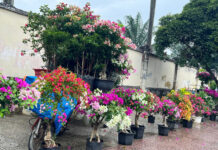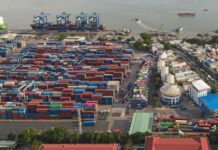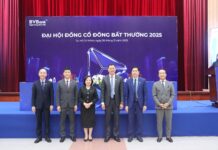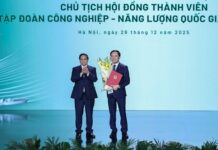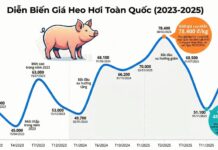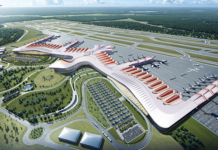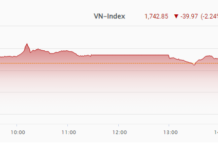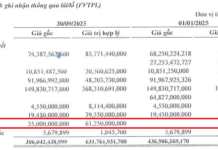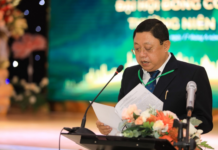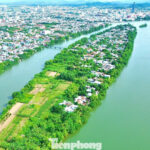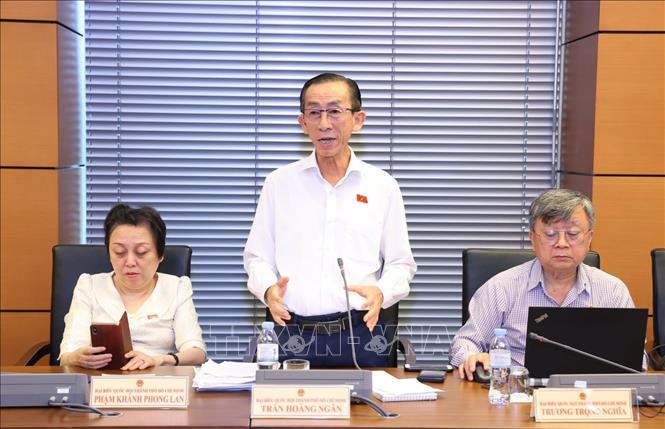
Delegate Tran Hoang Ngan, Ho Chi Minh City’s National Assembly delegation, speaks. Photo: Van Diep/VNA
Delegate Tran Hoang Ngan believes that, in order to revive and boost the economy to grow even faster, the current issue is not just fiscal policy, but also the need for a system of synchronized support solutions, especially to promote our potential and strengths.
According to the delegate, one of Vietnam’s strengths is agriculture, so we must take measures to reduce logistics costs as they are still very high compared to many other countries. To reduce logistics costs, we must invest in transportation infrastructure and have agricultural encouragement policies, especially for high-tech agriculture.
Another strength of Vietnam is tourism. Tourism is a smokeless industry, and our country is a favorite destination for foreign tourists due to its many scenic spots. The fact that the number of tourists returning to Vietnam in the first four months of this year was higher than pre-COVID-19 levels is a good sign. “But we need to invest more in tourism infrastructure. This includes investing in the restoration of cultural and historical relics, preserving scenic spots, investing in entertainment infrastructure, and improving transportation infrastructure to facilitate tourists,” emphasized delegate Tran Hoang Ngan.
“To promote tourism strengths, we need to pay attention to the domestic market with 100 million people, including a growing middle class. Vietnam must produce goods that meet the increasing demands of Vietnamese people. But to encourage people to use Vietnamese goods, those goods must also be of high quality,” shared delegate Tran Hoang Ngan.
Emphasizing these solutions, delegate Tran Hoang Ngan also highlighted the importance of institutional reform. According to the delegate, with the current context of the world situation, which is volatile, uncertain, and difficult to predict, “we must ensure the flexibility of ministries, sectors, and localities.” To enable localities to adapt quickly to the situation, there must be decentralization and delegation of power. Therefore, the institution must also move towards greater decentralization and delegation of power to localities so that they can take the initiative.
“Therefore, Resolution 98/2023/QH15 of the National Assembly, which grants Ho Chi Minh City special mechanisms and policies, decentralization, and delegation of power, should be extended to other localities so that they can adapt to the situation,” said delegate Tran Hoang Ngan.
Also, according to the Ho Chi Minh City delegation, to boost the economy, Vietnam also needs to persist in the goal of sustainable development, environmental friendliness, and net-zero carbon emissions. There must be specific policies, such as some provinces and cities supporting people to switch from using energy sources that are not environmentally friendly to using clean energy. For businesses that produce and trade environmentally friendly products, there should also be supportive policies in terms of taxes, finance, and capital.
“All these mechanisms are to form a package of business support. Only then can we receive orders. Currently, many countries require that when placing orders, businesses must be environmentally friendly. Recently, we have lost some orders because businesses have not transitioned to environmental friendliness,” shared delegate Tran Hoang Ngan.
On the sidelines of the National Assembly hall, delegate Pham Van Hoa (Dong Thap) highly appreciated the discussion in the afternoon of May 23, emphasizing that the delegates raised issues from the recommendations of the voters, and the leaders of the ministries and sectors answered responsibly and quite fully. However, there are still some ministries and sectors that answered vaguely and not really satisfactorily to the wishes and opinions of the voters.
Giving an example of the issue of non-stop toll stations at airport gates, delegate Pham Van Hoa shared: “Currently, the government has stipulated that all toll stations must be non-stop, but the toll stations at the airport still collect cash and vehicles still have to stop at the station. I have raised this issue with the Ministry of Transport many times, but they have not answered,” said delegate Pham Van Hoa, adding that this limitation is “not strange and not much,” but only in a few ministries and sectors. The majority of ministries and sectors answered very well.
According to the Dong Thap delegation, it is very necessary to have more measures and solutions in answering the recommendations of delegates, voters, and people. The ministries and sectors should be more proactive in answering the recommendations. “This is the responsibility of the central ministries and sectors in answering the recommendations of the voters,” emphasized delegate Pham Van Hoa.



